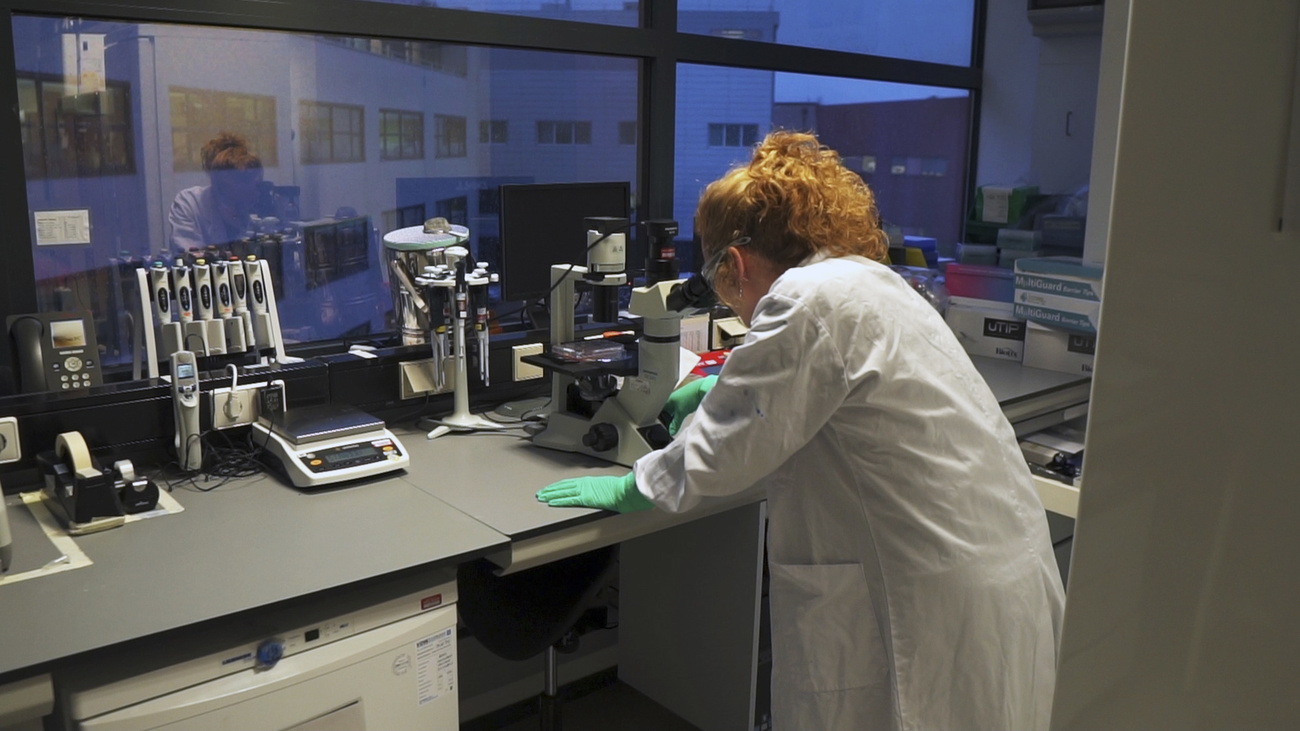
Final Horizon Europe research grants go begging

Swiss scientists are being compelled to reject millions of euros on offer from the European Union to fund their research projects.
On Thursday, the European Research Council (ERC) offered 26 Consolidator Grants to researchers in Switzerland, each worth around CHF2 million ($2.1 million). But the funding is only available if researchers move away from Switzerland to an EU university.
In January, Swiss researchers also had to reject more millions from the EU’s Horizon Europe programme for the same reason.
This is because Switzerland and the EU cannot agree on a legal basis for future political and economic ties. Negotiations to establish new foundations for bilateral relations foundered in 2021. As a consequence, Switzerland is no longer invited to play a full part in the Horizon Europe research and innovation project.
As the latest round of funding applications were submitted before political talks collapsed, the ERC went ahead with the awards – but with the catch that research must be carried out at an EU university.
This caveat has forced four researchers at the federal technology institute ETH Zurich to turn down their grants. In January, 11 ERC Starting Grants (out of 28 awarded to Switzerland as a whole) worth CHF17 million, also went begging at ETH Zurich.
The ERC has awarded a total €632 million to 313 researchers from 42 different countries, including 26 in Switzerland. Only the two grants awarded to the European Organization for Nuclear Research (CERN) on the border with France do not require researchers to move out of Switzerland.
The Swiss State Secretariat for Education, Research and Innovation (SERI) has agreed to substitute the lost funding over the next five years.
But the Horizon Europe programme also allows researchers to collaborate with top scientists and institutions around the EU.
If Switzerland and the EU can’t reach political agreement, Swiss researchers will in future be completely frozen out of the €95 billion Horizon Europe programme unless they join up with EU partners.
“Now, in each case, at least three scientific partners from the EU or an associated country are required for submissions to Horizon Europe. Unfortunately, nothing will be possible alone,” said Detlef Günther, Vice President for Research at ETH Zurich.

In compliance with the JTI standards
More: SWI swissinfo.ch certified by the Journalism Trust Initiative
















![The four-metre-long painting "Sonntag der Bergbauern" [Sunday of the Mountain Farmers, 1923-24/26] had to be removed by a crane from the German Chancellery in Berlin for the exhibition in Bern.](https://www.swissinfo.ch/content/wp-content/uploads/sites/13/2025/12/01_Pressebild_KirchnerxKirchner.jpg?ver=cb688ed5)














You can find an overview of ongoing debates with our journalists here . Please join us!
If you want to start a conversation about a topic raised in this article or want to report factual errors, email us at english@swissinfo.ch.